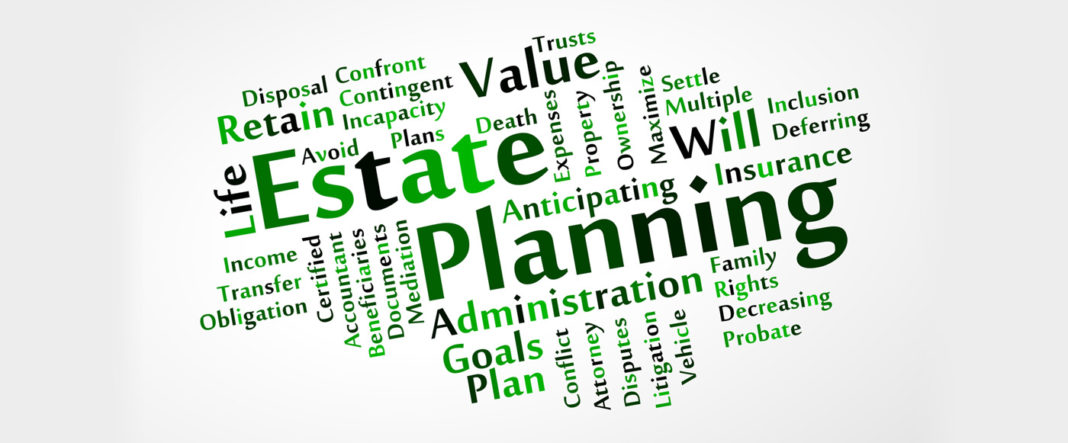Some people may think that one way to protect themselves and their assets is to keep the details of their estate plans from as many people as possible.
“It may sound like the plot to a bad movie or a TV police drama, but the contents of a will shouldn’t be kept a secret until the reading after death,” explains Richard Cayne of Meyer International.
Your wishes shouldn’t be a complete surprise to everyone
It may feel uncomfortable, but this is a conversation you should have. Your will outlines your instructions, but there are document/asset locations and other information that you should share with one or more of your heirs and your executor.
Also, you will probably need to include information about your beneficiaries, so by explaining your plans to them, you can also confirm that what is recorded is correct. This is not the time to assume you have their proper names, birth dates, etc. There is also the possibility that your heirs may have situations which may impact your estate planning strategy.
Will your executor and your heirs be able to access your information?
A bank safe deposit is a secure location for your will and important documents, but do your executor or heirs have access in event of your death or incapacitation? And if your will doesn’t have detailed information identifying your assets, is there a record of them somewhere that they know about?
In this electronic age, it is very likely that some, if not all, of your accounts require some sort of additional username and password data. Don’t forget to keep a record of these in a safe place that can be accessed when executing your will. This may seem counterintuitive, but there are ways of handling this securely.
Make sure your heirs won’t have a difficult time
A professional consultant can help not just with your estate planning, but also with outlining how much information to disclose and to whom. You’ve taken the time to carefully plan how your estate is handled, you should make sure that your heirs don’t have to jump hurdles afterwards.















